Education Beyond Classroom Learning
Education Beyond Classroom Learning
Mangalore Today News Network
By Ashish Joseph Carvalho
Mangaluru, Sep 29, 2022: I remember, when I was in class 5 at St Aloysius Higher Primary School, Mangaluru, our Kannada teacher would take us to the playground (then known as ‘Sand Pit’) and take up classes there. As young students, the experience was unique as we were made to sit under a tree for our Kannada lessons. We always looked forward to this kind of learning that took us beyond the four walls of our classroom. As years progressed, various historical places, parks and museums occasionally became our classroom and I remember each of these vividly. We enjoyed learning when we were taken outside the classroom. I was indeed blessed and at the same time I am thankful to my school and my teachers for making this process of learning an enriching one. This method of learning can be termed as ‘Education Beyond Classroom Learning’.
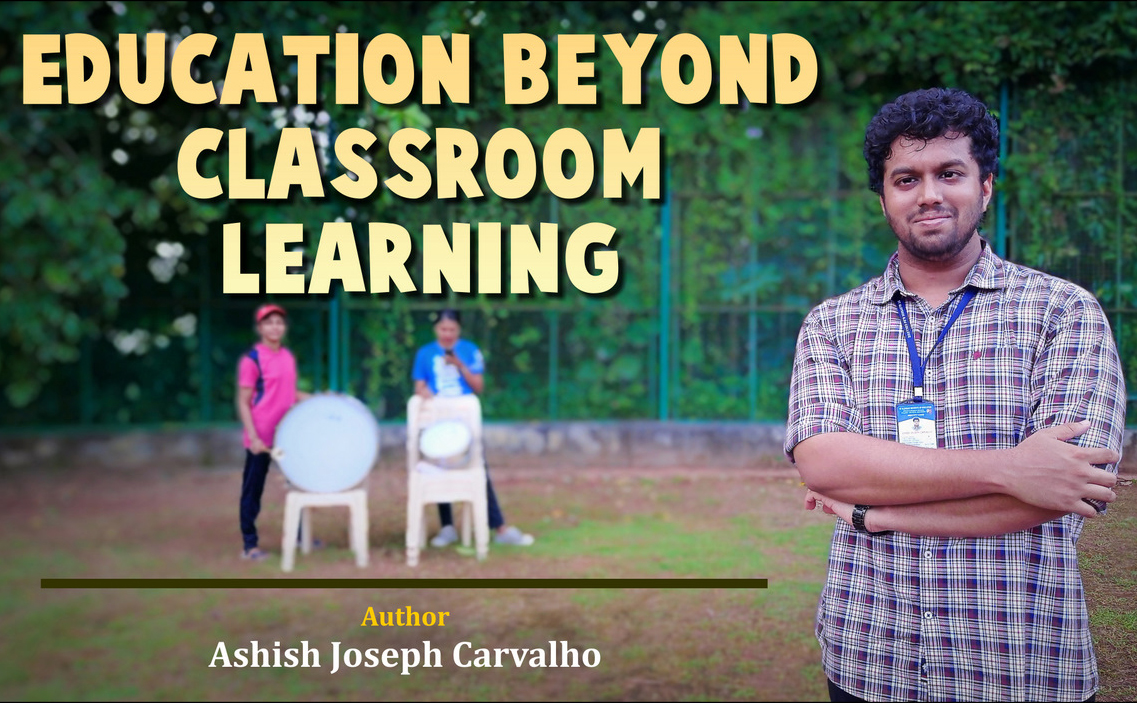
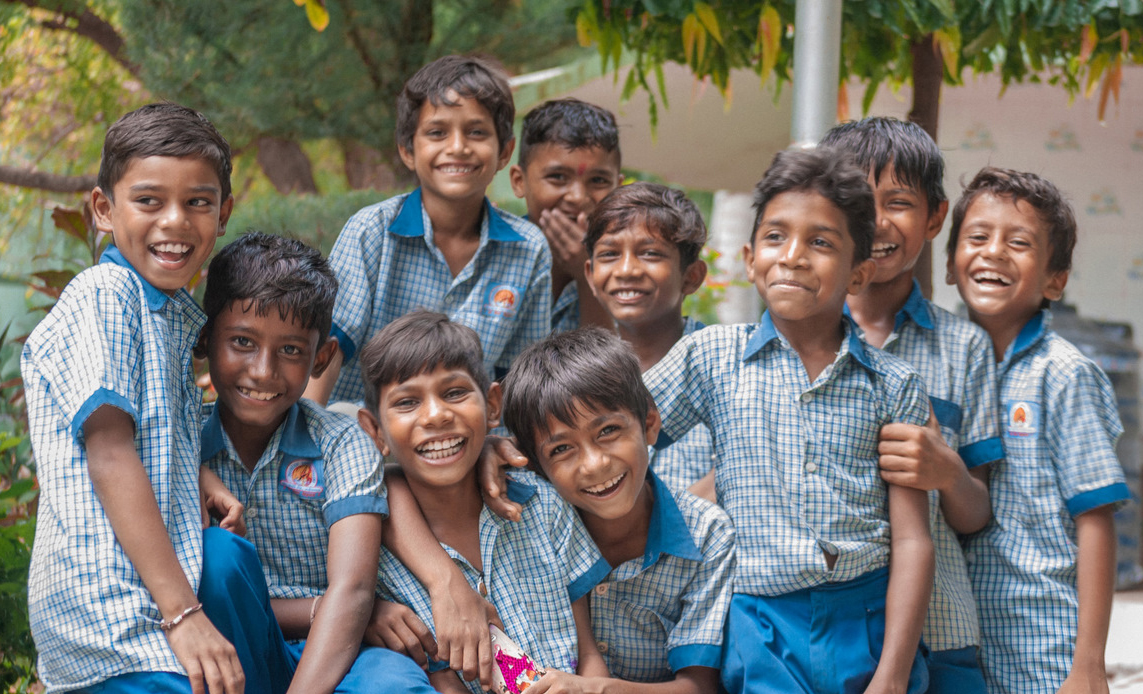
Education Beyond Classroom happens when a student learns a new theory outside the classroom with the benefit of procuring additional knowledge. In simple terms, Education Beyond Classroom is when a child is taken outside the school with the purpose of learning in mind. Here the Educational Institution or the School plays a major role in taking students to various places/sites. It benefits the children with rich experiences, helps them to solve various problems, develops interest in learning, builds curiosity in the child and promotes self-learning.
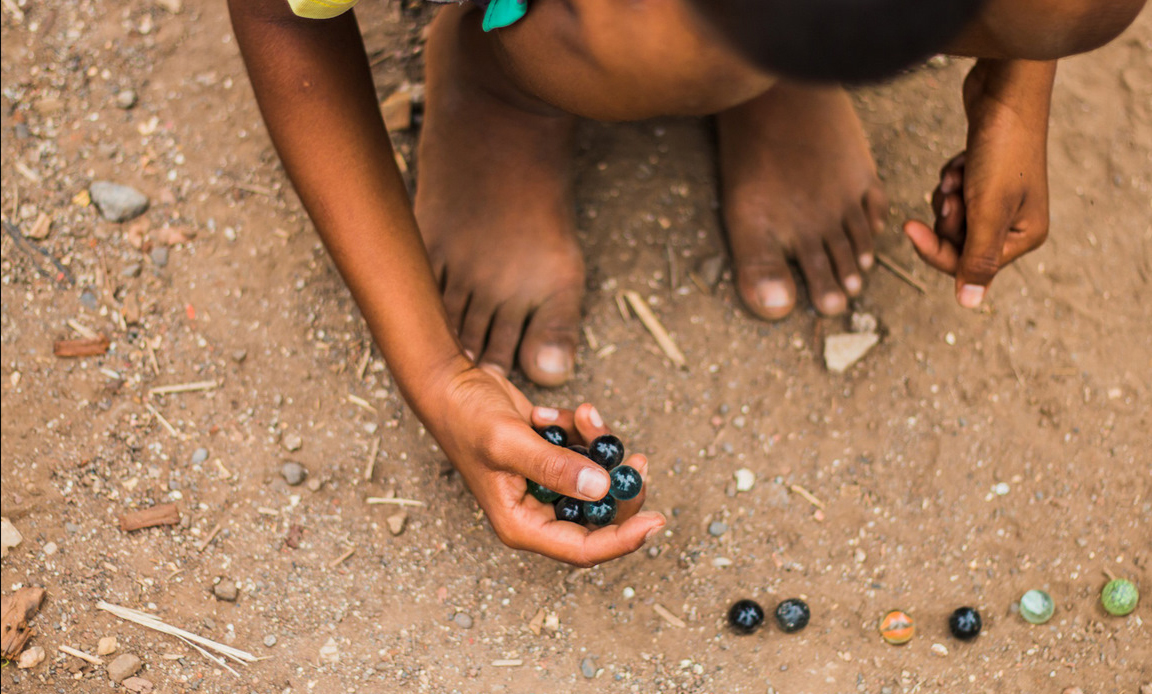
Education is known to be one of the powerful tools to enhance an individual’s knowledge. In order to acquire knowledge, one has to learn constantly because learning is a continuous process and it has no end to itself. At the end of the day if you reflect, you will find at least one new thing that you have learned. True learning is much beyond obtaining certificates and degrees. The traditional method of teaching and learning focused more on the subject and the teacher rather than the ‘child’. The current system of education follows ‘Child-Centered Learning’. This is indeed true because in the B.Ed. colleges aspiring teachers are taught different methods of teaching that considers the ‘child’ or the ‘learner’ as the priority. Even the text books prescribed by the Karnataka State Board encourage children to do various activities on their own as a part of self-learning. For example: Prepare a list of the different industrial units in your district. Visit a nearby industrial unit and find out what it produces. These activities are to be done by a student not in the classroom but outside the classroom.
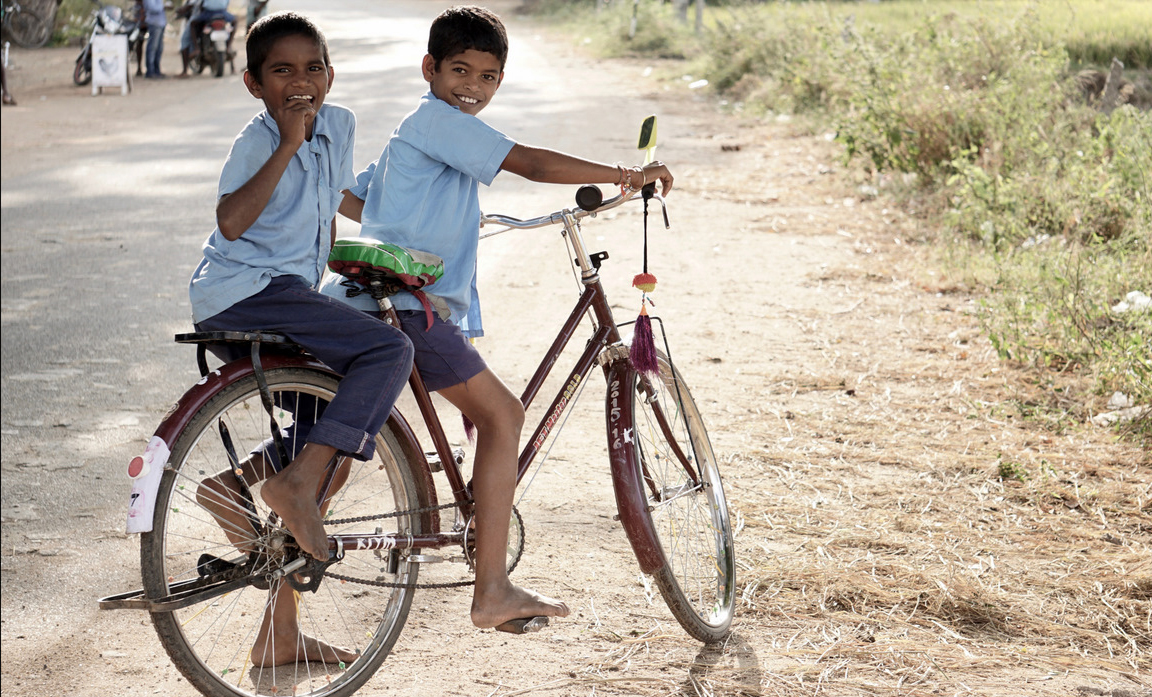
Parents are regarded as a child’s first teacher and ‘home’ is considered to be the first school. Parents teach children, they often advise and correct them too. So ‘teaching and learning’ are not just limited to schools alone, rather it also happens at our homes. More often, teaching and learning becomes a joint exercise or a combined effort of both the parents and the school. One cannot function efficiently without the other. Hence, learning is a process that cannot to restricted to one place or an institution in itself.
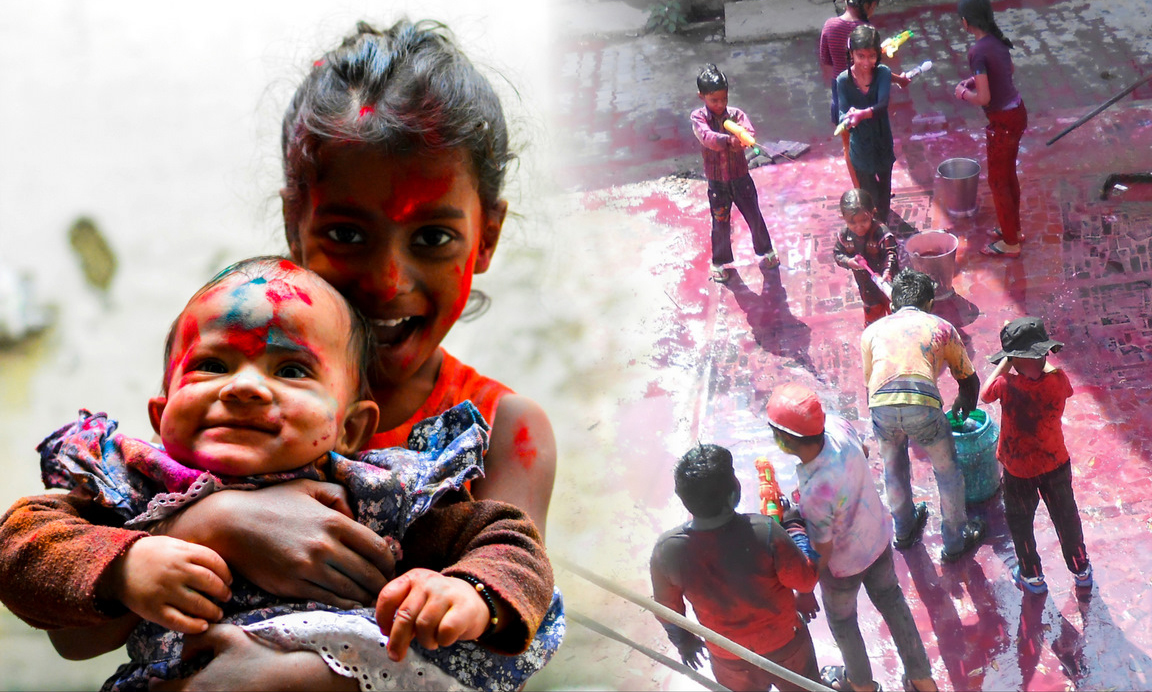
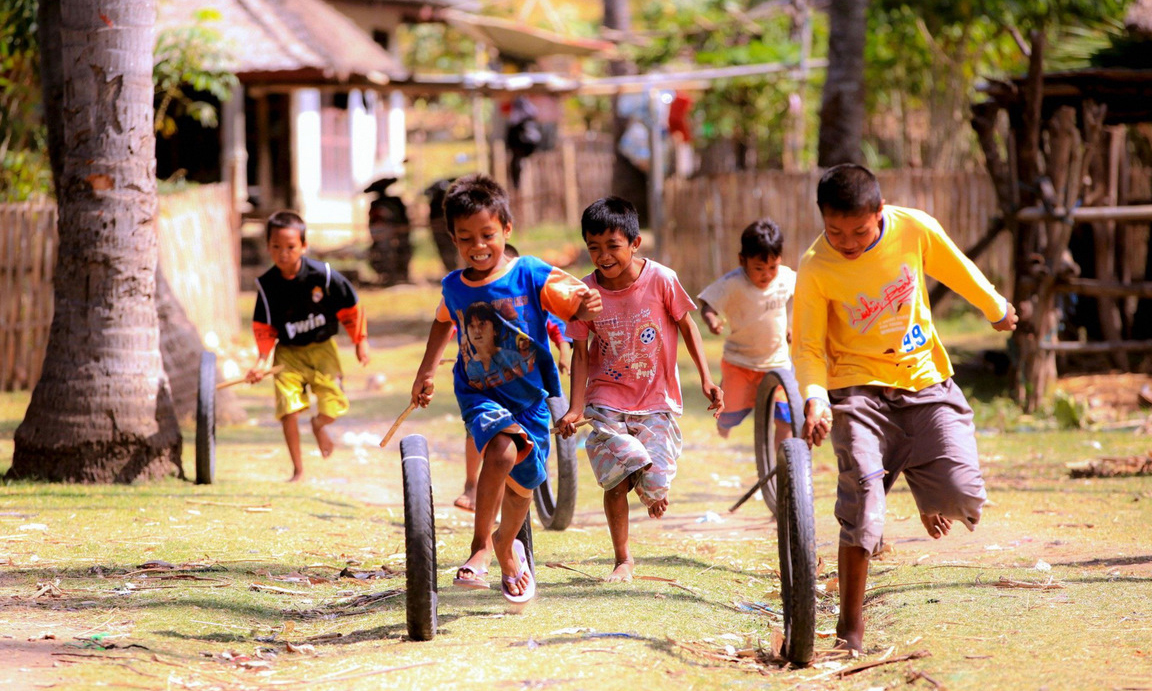
Rabindranath Tagore’s, a great educationalist and a philosopher too believed in ‘Education beyond Classroom Learning’. He wanted learning to take place amidst nature. He also affirmed that a child learns more when she/he is surrounded by nature. That is the reason why he emphasized on learning to take place under the shade of trees, while taking a walk in parks and so on. He found the fulfillment of his dreams on education by implementing his ideas in ‘Santiniketan’ in West Bengal, India an educational center which was founded by his father Maharshi Devendranath Tagore.
What are the types of learning beyond/outside the classroom?
There are several ways where a teacher can make a child learn outside the classroom. I would like to suggest three major types which I personally felt would promote education beyond classroom learning. They are as follows:
1) Project Work/Activity Based Learning:
In the present system of education, children are assigned projects or activities at school level under various subjects. These activities are given based on the child’s age and level of understanding. Children are expected to work on these projects outside the four walls of the classroom. As a matter of fact, these assignments are designed in such a way that children can do them independently, without the help of elders.
On the one hand, Teachers/Lecturers, who are the architects of these projects, must be smart enough to assess and assign the activities. Parents, on the other hand, must understand the importance of these projects and encourage their wards to complete them on their own. Often, there is a misconception among the parents that activities are burdensome for the children. One must know that a child gets to learn a new concept when she/he is assigned with a project and a new knowledge is created within the child. In addition it encourages the child to think out of the box and it also brings out the creativity of the child. Hence a note to both the parents and the students - Never consider a project work or an activity as a burden but take it as a chance to learn something new.
2) Co-Curricular/Club Activities:
Apart from academics a child has various hidden talents. To bring them to light, the school or the college provides various platforms as an opportunity. Singing, dancing, music, drama, sports, drawing and painting are a few examples for co-curricular activities. All these activities, as we know, take shape and grow outside the classroom. There is an enhancement of learning when a child actively participates in these activities.
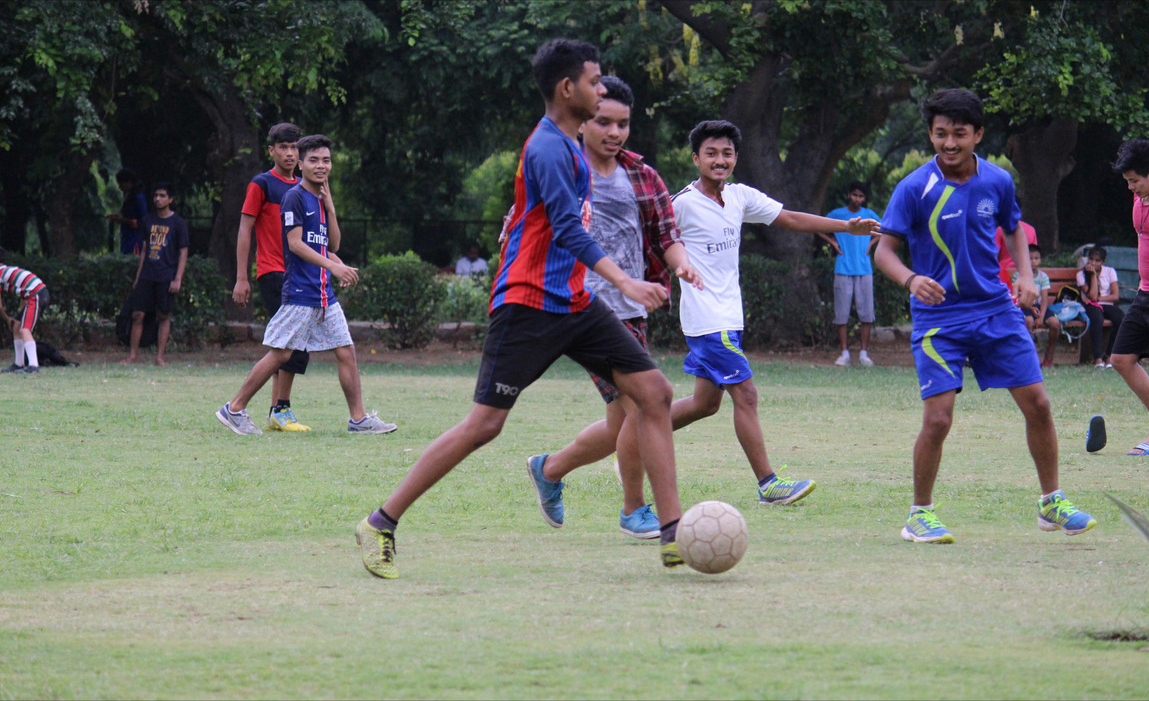
Many schools and college come up with various clubs such Eco Club, Drawing Club, Science Club, Literary Club, Music Club and so on. A student has to join any one of the given clubs. These clubs conduct various activities and programmes during the academic year. These clubs help in all round development of a child. To cite an instance from my life, I had joined the Drawing Club and today I have developed a very good skill in pencil shading. Most of my art have been selected and displayed at exhibitions during School Day programmes. Hence a child’s involvement in these clubs and activities clearly shows that learning takes place even when a child is taken out of the classroom.
3) Field Trips/Tour:
Children love to go on a tour or on field trips. They get excited to view various places. A field trip is a trip where the students are taken to visit places which are a part of their syllabus. For example, when a teacher teaches about animals and birds it is good that a teacher takes the students to Pilikula in Mangaluru or any other zoo that is nearby, so that the child physically visits the place and learns more about the animal kingdom. This kind of learning is one of the most favoured among children.
Now that we are aware of the fact that learning can take place anywhere, we must not put a limit on a child to study only within the four walls. Rather we must always create opportunities for learning beyond the classroom. When we create an atmosphere where a child can learn with the help of various activities outside the classroom, we give them a chance to face challenges and find out the solution all by themselves. Thus, the teachers and the parents should only be facilitators and allow the child to take a step ahead and promote learning beyond classroom.
About Author: Ashish Joseph Carvalho hails from Derebail, Mangaluru, Karnataka. He has completed his Bachelor of Commerce from Milagres College (Affiliated to Mangalore University), Mangaluru. He has also completed his Master of Commerce from St Aloysius Evening College (Affiliated to Mangalore University), Mangaluru with distinction.
- Need For ‘Students, Alcohol and Drugs’ survey
- New Synthetic Drugs Trapping Youth
- Mood Modifying Chips - Future of Drug Use
- Ramping up Indo-Bangla border security
- IITM- A premier educational Institution in a forest. What can we learn?
- Former PM, Manmohan Singh: Notable laws passed under his tenure
- Hashish on Ratnagiri Seashore
- The Poor cry out to Us: Do we respond?
- Clandestine Meth Labs Sprouting Across India
- Hydro ganja from Bangkok latest craze among youth in India
- "Memories to Treasure" Dr.Michael Lobo’s new book
- Dominance of Private Universities: Will it make education inaccessible to underprivileged students?
- Monti Phest: A rich heritage of South Canara
- Kashmir Bhavan in Bengaluru: A must visit place
- "MAI and I" Book of Angelic Emotions
- Draupadi Murmu - The New ’President of India’
- Anthony Ashram in the city grows a classic museum
- First College of Fisheries in India - A Golden Jubilarian
- Flushing Meadows - A Vintage Mansion
- The Colonel�s Bequest
- A Mangalorean PM and his RBI Governor Brother: The Extraordinary story of the Benegal Brothers
- There is no higher religion than Truth: Theosophical Society
- L�affaire - Ashu & Yiju of Mangalore
- Mangalore in Kowloon
- 1568 to 2018 AD: 450 years of Christianity in Mangaluru
- Vice President elect Naidu moves on from nadir to zenith, the phenomenal journey
- Embracing the Outdoors: How Heated Jackets Are Revolutionizing Cold Weather Activities
- Efficient and Sustainable Packaging Solutions with FIBCs
- The Hybrid Kilt Revolution | Where Tradition Gets Trendy
- Affordable Elegance | Embrace Style on a Budget with Cheap Kilts
- Unleashing Style and Functionality | Exploring Tactical Kilts
- Mangalore’s Heroic Lady marks 105th Birthday
- Santa the Christmas spirit
- Geriatric care: Mangalore strikes a fine balance
- The Don Who Made Two Empires to Clash
- CHITRAPUR SARASWATS - A Great Kanara Community
- Our new President Ram Nath Kovind’s significant journey to Rashtrapathi Bhavan
- Marriages made in heaven, big fat weddings made in India
- Eid insight - The giver of glad tidings
- CITY INFORMATION
- TRAVEL
- TOURIST INFORMATION
- HEALTH CARE
- MISCELLANEOUS




 Write Comment
Write Comment E-Mail To a Friend
E-Mail To a Friend Facebook
Facebook Twitter
Twitter  Print
Print 


